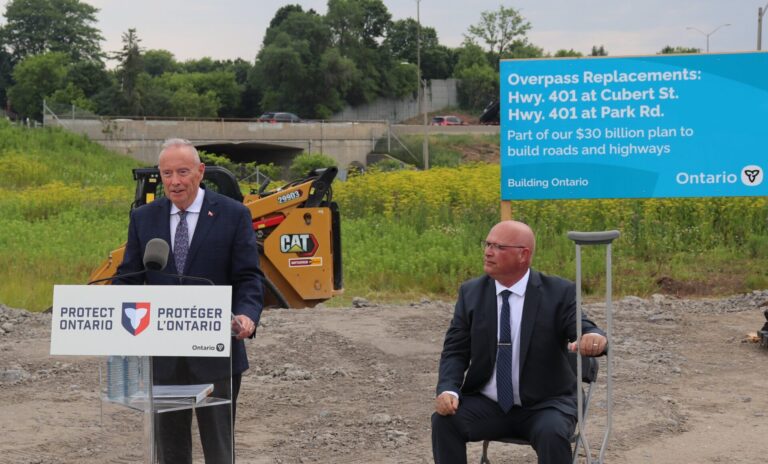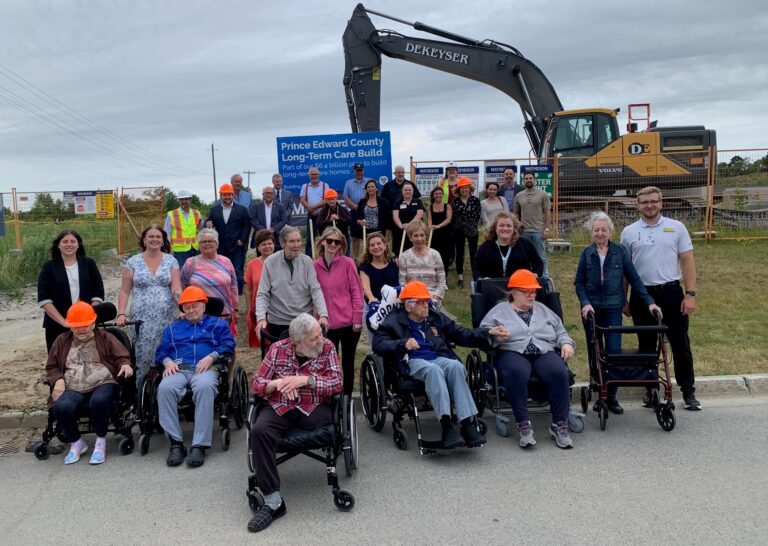A report created for the Residential Construction Council of Ontario (RESCON) indicates there are many benefits associated with e-permitting systems, but Canada still has a lot of ground to make up when it comes to investing in digital development approval platforms.
While the U.K. and countries like Australia, Singapore and South Korea have forged ahead with digitized systems, Canada still favours conservative technology solutions over innovative ones, which leads to inadequate growth in much-needed physical and digital infrastructure, according to the research.
“The findings of this report show that we need to step up our game and improve the development approvals process by coming up with guidelines for a province-wide digital e-permitting system that is standardized and could be used by all 444 municipalities across the province to ensure everybody is on the same page,” says RESCON president Richard Lyall. “The construction industry is a major driver of our economy and we need a faster and more streamlined development approvals system.”
The report, titled Streamlining the Development Approvals System in Ontario: Modernizing, Digitizing and E-permitting, was compiled by Kimberly Mahadeo, a McMaster university student interning at RESCON. It found that Canada’s complex regulatory system has been deemed as one of the most prominent deterrents of foreign investors in Canadian projects, and the leading barrier to global competitiveness. Redundant procedures and lengthy timelines also lead to unnecessary administrative burdens, ultimately resulting in an inefficient approvals system, the research found.
In Ontario, obtaining a site plan approval from municipal authorities almost always exceeds the established 30-day timeline, taking up to 180 days on average, the report states, and the entire approval process takes an average of 249 days, almost 100 days more than the average in other OECD countries.
Earlier this year, RESCON teamed up with industry stakeholders on an initiative called One Ontario that was launched by AECO Innovation Lab. The venture is developing guidelines for harmonized data exchange standards that will set the stage for a fully digitized and harmonized e-permitting framework that could be adopted by the municipalities in Ontario and speed-up approvals.
The hope is that the One Ontario initiative will be the first stride towards modernizing and standardizing the approval process across Ontario’s municipalities, thereby expediting existing timelines, increasing efficiency, and promoting transparency of the current approvals system.











